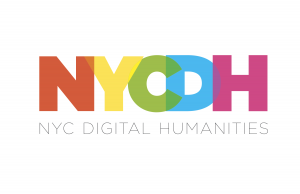Building a Text Analysis Pipeline with Python
Pace University, 1 Pace Plaza, E101 1 Pace Plaza, New YorkThis workshop will show participants how to use the Python and the Natural Language Toolkit to load a plaintext document, split it into paragraphs/sentences/words, and retrieve dictionary headwords and part-of-speech information for the words in the document. We will then create charts and visualizations for the feature counts. LEVEL: Beginner/Intermediate NOTES: Bring personal laptop; required [...]

